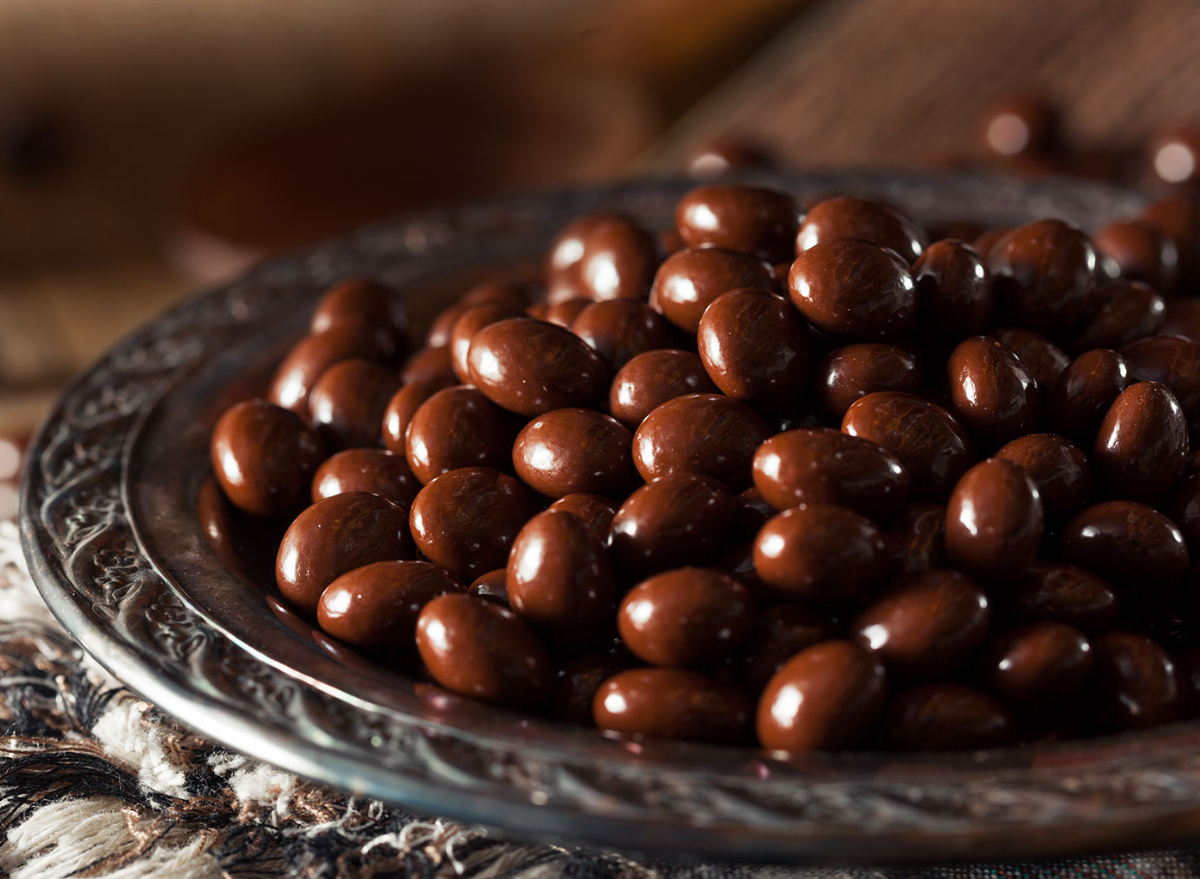Food is a large factor in living a long, healthy life, and many Americans are eating diets that are harmful to their overall health.
A study published in Circulation looked at participants who either fell under the category of a "Western" diet, which is heavy in red meat, processed foods, refined grains, and sugar, or a "Prudent" diet, which is mostly made up of legumes, vegetables, fruit, poultry, fish, and whole grains.
After an 18-year follow-up, researchers found that those who were adherent to the prudent diet saw a 17% decrease in total mortality risk a 28% lower risk of cardiovascular disease death.
The study also found that those on the Western diet had a 21% increase in total mortality and a 22% increase in cardiovascular disease mortality as well.
So, if diet plays a key role in how long we live, then which foods are the best to eat? After looking at the places in the world where people live the longest, we've found that one of the best foods you can eat to live to 100 are beans.
Read to find out why beans are the best food for longevity, and for more healthy eating tips, check out The 7 Healthiest Foods to Eat Right Now.
Eating for a longer life
Researchers have been studying the world's blue zones, which are the areas with the most centurions (people that live to be 100), and have found many dietary and lifestyle similarities among the regions—one of which is their legume intake.
These researchers have taken these findings and created what is known as the Blue Zone Diet as a means of helping people pursue longer lives, and we can learn a lot from this diet about the foods that lead to a longer life.
According to The American Journal of Lifestyle Medicine, there are 9 common denominators among these regions, which include things like getting more movement, finding purpose, and drinking modest amounts of wine.
Among these denominators is also the concept of eating more plants, with a heavy emphasis on beans being "the cornerstone of a centenarian diet."
RELATED: What Happens To Your Body When You Eat Beans
Why are beans so important?

Researchers of the Blue Zone Diet found that people in these areas who lived the longest ate about one full cup of beans per day, and when you read about the health benefits of beans, you'll start to understand why.
For one, beans are packed with plant-based protein and fiber and contain almost no fat whatsoever. In 1 cup of black beans, for example, you'll consume 15 grams of protein, 15 grams of fiber, and less than one gram of sugar and fat.
Getting adequate levels of fiber is linked to a longer, healthier life and according to The Gerontological Society of America, it has been found to lower the risk of depression, hypertension, diabetes, and even dementia.
Beans also contain a powerful antioxidant called polyphenol, which researchers have found can also help with healthy aging.
According to a review from The International Journal of Molecular Sciences, polyphenol is found in many different types of beans (black, kidney, red, pinto) and has been proven to have anti-inflammatory, anti-diabetic, anti-obesity, and cardio-protective properties.
Getting enough beans in your diet
As you can see, it may be worth incorporating beans into your diet for more protein, fiber, and antioxidants, all of which will help you live a longer life.
You can try them for breakfast in something like this vegetarian black bean omelet or for lunch with this quick and easy chicken fajita burrito. And if you're looking for something to cook with white beans, you'll love these seared scallops with white beans and spinach.
For more healthy eating news, make sure to sign up for our newsletter!
Read these next:
The #1 Best Food to Eat to Live to 100, Science Says | Eat This Not That - Eat This, Not That
Read More

No comments:
Post a Comment